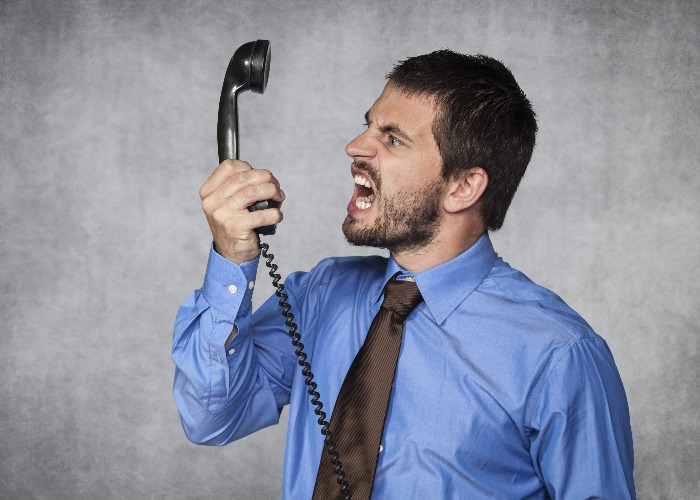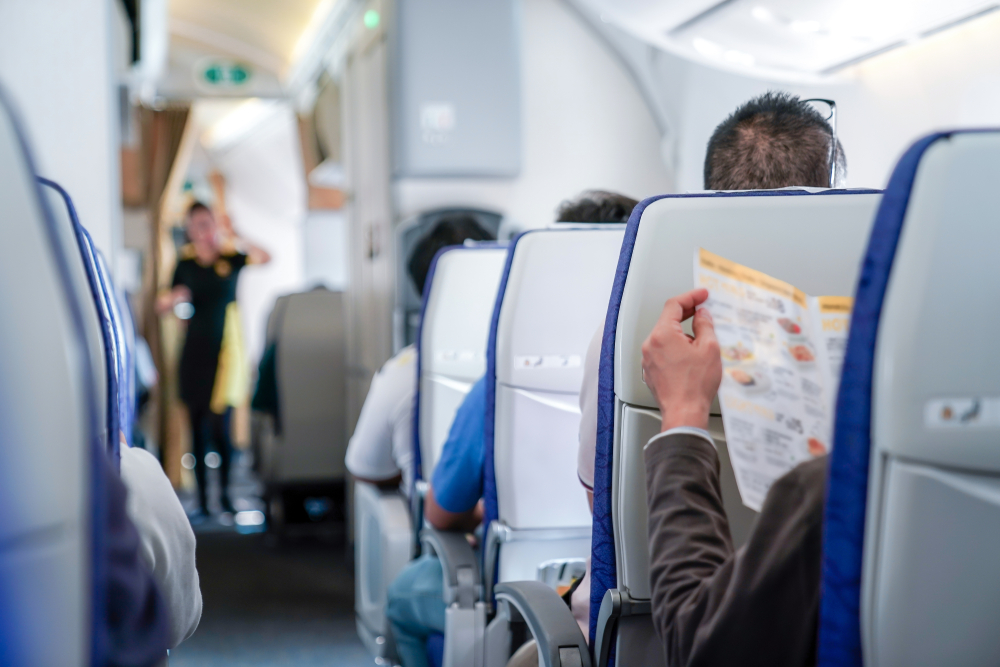From hidden fees to misleading deals: annoying sales tactics that should be banned

Whether it's excluding VAT from the headline price or spurious charges like booking fees, I think it's time regulators got tough on the iffy tactics used to milk shoppers of cash.
It’s not easy trying to be savvy with your money.
Retailers, whether online or on the high street, have a nasty habit of employing some pretty shady tactics designed to prod us into paying over the odds.
Here are some of the worst that I believe demand fiercer action from the authorities.
The hotel room lie
Many of us turn to big holiday websites like Expedia and Booking.com when we need to book a hotel room.
The trouble is, they have in the past been guilty of some pretty iffy sales tactics in a bid to push us towards booking the rooms that come up in a search, by either not giving a full impression of what the room will actually cost or being a bit loose with the truth over just how popular that room is.
It’s not uncommon to see that there is apparently ‘only one room left’ at any given hotel that meets your search criteria.
The Competition and Markets Authority stepped in over this pressure selling, warning that they were potentially breaking consumer law and giving a handful of booking websites until the start of September to clean up their act.
But a new investigation by consumer champion Which? Has suggested that, while Hotels.com, Trivago, Agoda, ebookers and Expedia have all fallen into line, Booking.com is still flouting the rules.
It really shouldn't be difficult – if there's only a couple of rooms left, then say so. But if you're found to be bending the truth, then serious punishments need to follow.
Get extra protection by paying for big purchases with a credit card: compare cards now
'Price excludes VAT'

VAT isn’t really a tax most of us think about, for the simple reason that when you pop to Tesco or wherever the price you see advertised is already inclusive of it.
You see the item you want, and exactly how much it’s going to cost you.
The trouble is, some firms aren’t quite so open about things like this. They are more than happy to highlight the price before VAT in big old numbers, but you need to have some pretty excellent eyesight to spot the ‘before VAT’ written underneath.
It’s enough of an issue that earlier this year the Committee of Advertising Practice ‒ the sister organisation of the Advertising Standards Authority ‒ issued best practice guidance on when VAT needs to be included in advertised pricing.
Clearly there is some way to go before firms properly take it on board though.
Get extra protection by paying for big purchases with a credit card: compare cards now
Booking fees per ticket
Whether you’re booking a ticket for a comedy show or a sporting event, you can near enough guarantee that you will end up paying more than the advertised price for your ticket thanks to our dear friend, the booking fee.
This is irritating enough, but I can bite my tongue when a single booking fee is applied. It’s only a couple of quid, it’s fine, I’ll tell myself.
But when they charge a booking fee for each individual ticket, that’s when my temperature starts to rise.
If I want to take my family out to a show and there’s a £3 booking fee ‒ not exactly uncommon ‒ that’s suddenly an extra £12 on top of the actual cost of the tickets.
You can’t tell me that registering those four seats, rather than one, as sold necessitates such a whopping great fee.
If you have to charge a booking fee ‒ and I’m not convinced you ever really do ‒ it should be per booking, not per member of the party.
Paying to change seats

Flying may be the safest way to travel but it’s certainly not the cheapest. Which is why those added little charges stick in the craw even more ‒ I’m already forking out to be here, don’t try to milk me for more cash.
And when it comes to seating, airlines clearly do take us for mugs, even charging us if we dare to want to sit somewhere other than the seat we have been allocated.
With British Airways for example, you are allocated a seat at check-in, if you haven’t paid in advance to reserve a specific seat. If you don’t like the seat you’ve been allocated and want to sit somewhere else, then you’ll have to cough up some cash.
It’s certainly not the only airline that does this, but while we’ve come to expect this sort of grasping tactic from the budget airlines, it feels even worse coming from a firm like BA.
Earn Airmiles and more: compare reward credit cards
The ‘special offer’ that isn’t so special
When you go to the supermarket, you’ll see plenty of items for sale at a ‘special offer’ price. You’d be forgiven for thinking that this new price was special ‒ in other words, that it was different from what the supermarket normally charges for it.
This isn’t always true though. Too often these shops flog items at these supposedly special prices for longer than they were ever on sale at the old price.
Which? crunched the numbers of a bunch of these sales prices back in August and found a host of misleading sales deals, whether that’s ‘special’ prices that have been their price for months on end, discounts that refer to a price that isn’t the most recent for that item, or multibuys that actually cost you more.
Most of us rely on supermarkets for our grocery shopping, but in the fight for competition, too often their tactics turn dirty.
And it’s us, the innocent shopper, that pays the price.
Are there any other sales tactics that really annoy you? Share them in the comments section below
Comments
Be the first to comment
Do you want to comment on this article? You need to be signed in for this feature